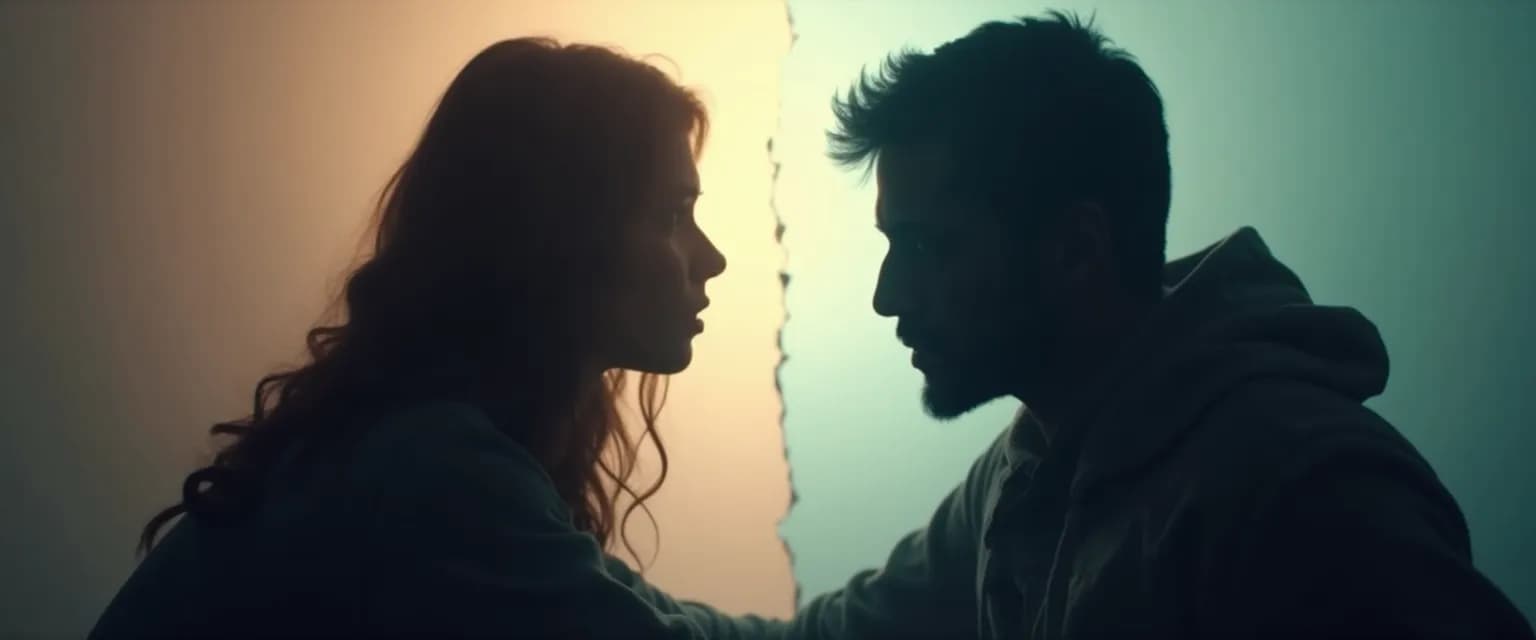Recognizing Dismissive Avoidant Breakup Regret: Protect Your Heart
Ever found yourself analyzing text messages from your dismissive avoidant ex, wondering if they're genuinely feeling dismissive avoidant breakup regret or just playing emotional ping-pong? That rollercoaster of hot-and-cold behavior can leave you mentally exhausted and emotionally vulnerable. The dismissive avoidant attachment style creates a unique breakup dynamic – one where regret might be present but is often masked by defensive behaviors that protect their core fears of intimacy.
When a dismissive avoidant ex reaches out after a breakup, it's natural to question their motives. Are they experiencing authentic remorse or simply responding to momentary loneliness? Understanding the difference is crucial for your emotional wellbeing. This guide helps you navigate the complex terrain of dismissive avoidant breakup regret without getting pulled back into potentially harmful relationship patterns that could derail your healing journey.
By recognizing genuine signs of regret versus manipulation tactics, you'll gain the clarity needed to make decisions that honor your worth – whether that means cautious reconnection or maintaining healthy distance. Let's explore how to spot authentic dismissive avoidant breakup regret while keeping your emotional boundaries intact.
5 Signs of Genuine Dismissive Avoidant Breakup Regret
Distinguishing authentic dismissive avoidant breakup regret from habitual reaching-out behaviors requires a discerning eye. Here are five indicators that suggest your dismissive avoidant ex might be experiencing genuine remorse:
First, look for consistency in communication rather than sporadic contact. When dismissive avoidants truly regret a breakup, they'll make sustained efforts to connect instead of disappearing for weeks after a moment of vulnerability. This steady presence represents a significant shift from their typical avoidant patterns.
Second, notice if they're taking responsibility for their role in the relationship breakdown. Authentic dismissive avoidant breakup regret involves acknowledging how their emotional unavailability or distancing behaviors contributed to problems. They'll stop deflecting blame and show awareness of their attachment patterns.
Third, genuine regret manifests as increased emotional vulnerability – something challenging for dismissive avoidants. They might share feelings they previously kept hidden or express emotions without their usual detachment. This vulnerability represents a meaningful step in their healing process.
Fourth, they'll respect your boundaries rather than pushing for immediate reconnection. When experiencing authentic dismissive avoidant breakup regret, they understand that rebuilding trust requires patience and respecting your timeline, not demanding instant forgiveness.
Finally, look for concrete behavioral changes beyond promises. Words mean little without corresponding actions that demonstrate they're actively working on their avoidant tendencies through personal growth efforts.
Protecting Yourself While Recognizing Dismissive Avoidant Breakup Regret
While identifying genuine dismissive avoidant breakup regret is important, protecting your emotional wellbeing remains paramount. Start by creating emotional distance to assess the situation objectively. This might mean limiting contact to specific times or mediums that feel manageable for you.
Set clear, non-negotiable boundaries for any interaction. Communicate directly about what you need to feel safe in any exchanges, whether that's discussing certain topics only or maintaining physical distance. Healthy boundaries protect both parties during this vulnerable time.
Remember to look for patterns over time rather than isolated moments of connection. One heartfelt conversation doesn't indicate lasting change. Authentic dismissive avoidant breakup regret manifests as consistent behavioral shifts over weeks and months, not occasional emotional outbursts.
Most importantly, prioritize your healing regardless of their regret journey. Continue focusing on your personal growth, stress management techniques, and building a fulfilling life independent of the relationship outcome. Your wellbeing shouldn't depend on their transformation.
Moving Forward With Dismissive Avoidant Breakup Regret Awareness
Understanding dismissive avoidant breakup regret patterns provides valuable insights for your future relationships. This knowledge helps you recognize unhealthy attachment dynamics earlier and establish healthier connections moving forward.
Consider reconnection only when you've seen sustained evidence of change and feel emotionally ready. If their dismissive avoidant patterns persist despite expressions of regret, maintaining distance likely serves your highest good. Remember that understanding someone's attachment struggles creates compassion but doesn't obligate you to accept harmful behaviors.
Focus on your own attachment healing regardless of their regret journey. By addressing any anxious or insecure patterns within yourself, you'll create a foundation for healthier relationships – whether with this person or someone new. Recognizing dismissive avoidant breakup regret with clarity and boundaries empowers you to make choices aligned with your worth and wellbeing.




